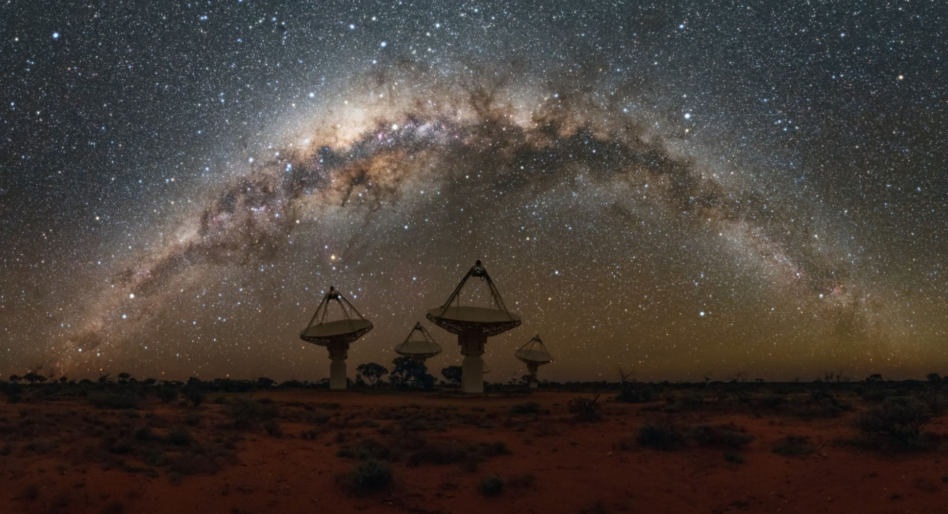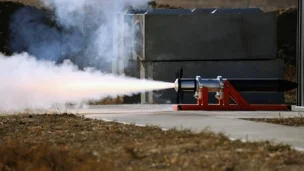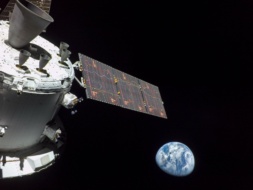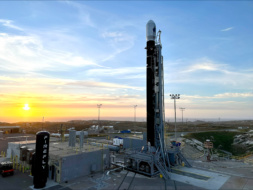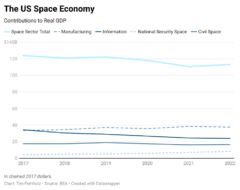With the exponential growth of satellites in space showing no signs of slowing down, Euroconsult is considering the growing need for supportive ground infrastructure to back up assets in orbit.
The consulting firm released the fourth edition of its yearly report on the ground segment market yesterday, spanning ground stations, antennas, and user terminals back on Earth. Analysts estimate that the market will be worth $80B by 2032.
“The dynamic evolution of the space segment, with flexible payloads and constellations, underscores the need for adaptable ground infrastructure to support advanced communication needs,” Jean Benoit Laithier, a principal advisor at Euroconsult, said in a statement.
Ch-ch-changes: Evolutions in the way satellite operators gather and transmit information to the ground is driving growth for ground segment operators, Euroconsult found. In particular, adoption of high-throughput satellite (HTS) technology means more, stronger antennas will be needed to receive higher volumes of data transmission.
Satellites are also shifting up in the frequency bands they’re using to transmit data and messages back to Earth. Ka-band utilization is booming, and additional ground segments will be necessary to meet the demand—as well to prepare for the anticipated increase in the utilization of other bands, including V-band frequencies.
“The use of higher frequency bands is and will remain a driver for the development of broadband satellite connectivity, including for secure communications,” the authors wrote.
Keeping it low: The largest growth—no surprise—is in ground segments for LEO constellations. Euroconsult estimates that as many as two thirds of the new satellites launched by 2031 will belong to one of six LEO megaconstellations, including Starlink, Kuiper, and OneWeb.
